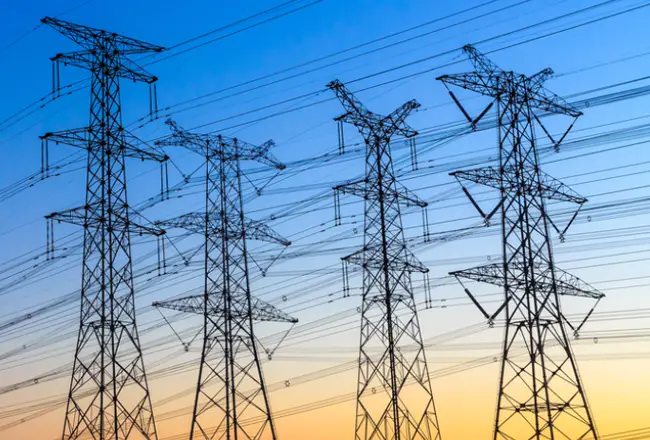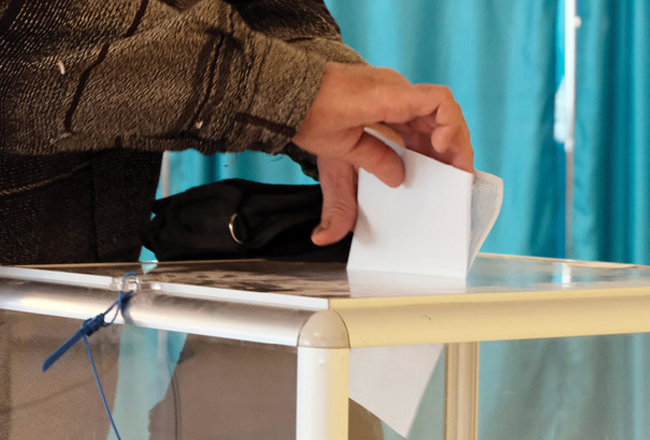The chief executive of United Illuminating (UI) has criticized the Public Utilities Regulatory Authority (PURA) for rejecting the utility’s requested rate increase and claimed the regulator’s actions will result in greater costs to consumers and harm for the state.

Last month, PURA denied UI’s proposed distribution rate increase of $131 million over three years and authorized an increase of approximately $23 million instead, which results in an average increase in base distribution rates of about 6.6% and an average increase in customer bills of about 2% compared to current levels.
“Rate cases are a vital tool for regulators to assess company performance and to ensure that ratepayers are receiving commensurate value for investments made on their behalf,” said PURA Chairman Marissa P. Gillett in rejecting UI’s proposal. “This decision recognizes areas in which the company has made progress since its last rate case, as well as areas in which PURA expects UI”™s management to enhance its efforts moving forward.”
However, UI President and CEO Frank Reynolds used an op-ed column in the Hartford Courant to accuse PURA of putting “the strength and reliability of the electric grid” in jeopardy. Referring to the proposed rate hikes as “investments,” Reynolds said PURA “denied a significant majority of our capital projects – even including those that are already serving customers.” Reynolds insisted PURA’s actions would have a lethal domino effect in the state.
“The potential customer impacts of all these are obvious: more frequent and longer-duration outages, or brown-outs from an overloaded grid,” he claimed. “But the impacts to our front-line employees are worth noting, too. If the electric grid performs worse than UI’s customers want or expect, the customer service representatives and the line crew will face the most customer criticism. Our valued employees take a great deal of pride in the electric system they maintain. They have the skills, the talent, and the dedication to deliver a modern, resilient electric system to our communities. What they need is the resources, and they deserve better from our state regulators.”
Reynolds also warned that PURA’s decision “will leave Connecticut distressingly exposed to failure in meeting our clean energy goals.” Furthermore, PURA’s actions will influence investors not put their money in UI, a division of Avangrid (NYSE:AGR).
“Inevitably, that causes UI to become a riskier company for investors, especially when compared to other states,” he continued. “Connecticut already offers the lowest returns of any state in the country: the next-lowest offer returns of 9.25%, while the decision drops UI”™s approximate effective returns to a stunning 6.18. Savvy investors will put their money elsewhere, and they don’t have to go far: our neighbors in Massachusetts, New Hampshire, and Maine offer far more balanced, stable regulatory environments.”
“In practice, having fewer investors means it will cost our customers more money to replace substations that have been in service for more than a century, or fix outdated transformers that may contain harmful chemicals,” he added. “Building protective, proactive infrastructure – like flood walls around our coastal substations to protect against rising sea levels – will also cost customers more.”



















